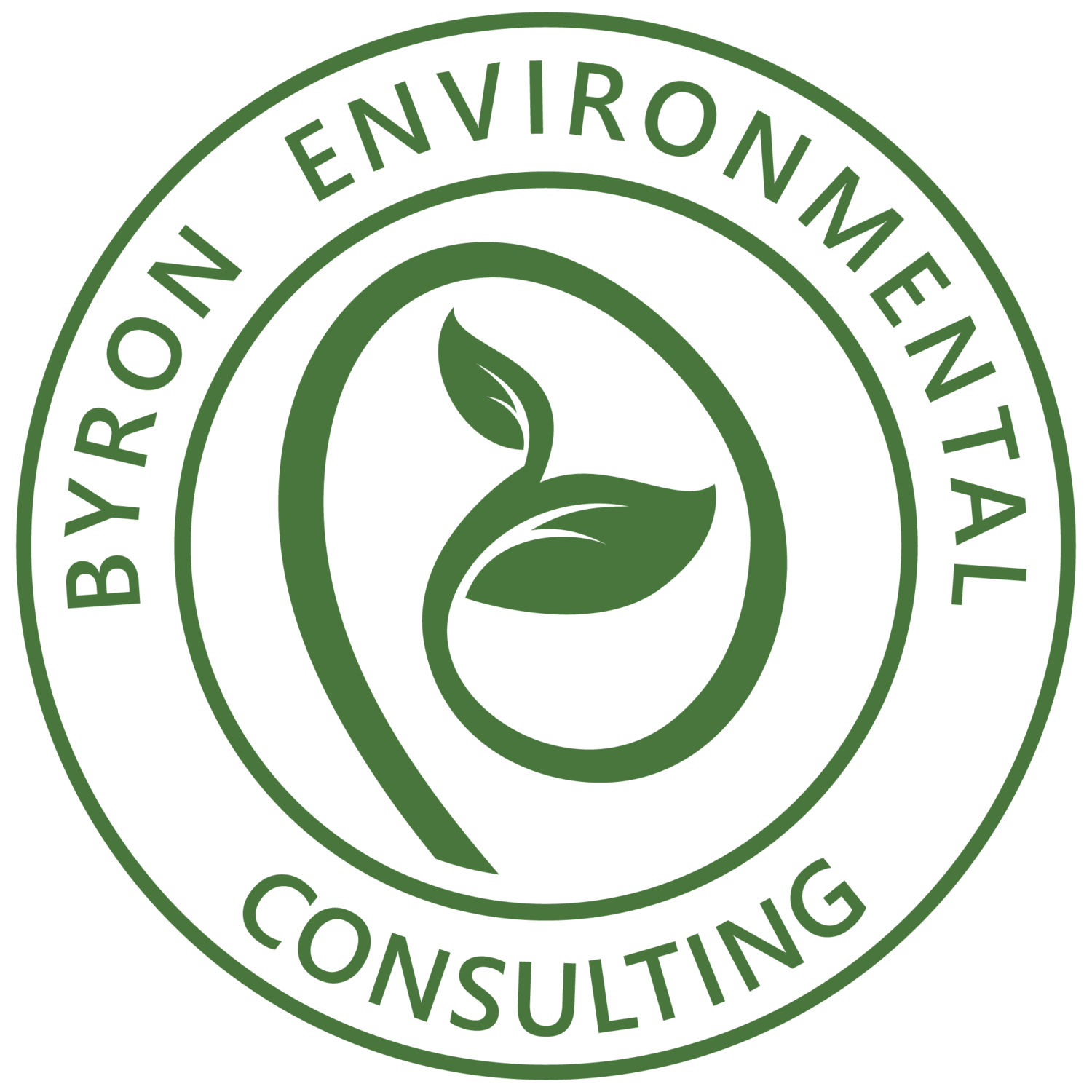By Taisa Baars – Environmental Health Scientist, Byron Environmental Consulting
In the Northern Rivers and across regional Australia, many homes rely on on-site wastewater systems — septic tanks, aerated treatment systems (AWTS), and absorption trenches — to manage household sewage. When functioning well, these systems safely treat wastewater and return it to the environment. But when they fail, the consequences can be serious: pollution of creeks, groundwater, and even drinking water supplies.
Recent inspections have shown that many systems are aging, undersized, or simply not maintained. Stormwater runoff entering tanks, cracked lids, broken pipes, and overloaded trenches are just a few of the issues we’re seeing — and they all risk leaking untreated effluent into nearby soils and waterways.
The good news? Every household can take action to protect our shared environment.
5 Simple Ways to Protect Your Waterways:
1. Be septic-smart with what goes down the drain
Avoid flushing anything besides human waste and toilet paper. Wet wipes, sanitary products, and even "flushable" items can clog systems and shorten their lifespan.
2. Watch your water use
Excess water overloads systems and reduces treatment efficiency. Space out laundry loads, fix leaking taps, and consider installing low-flow fixtures.
3. Divert stormwater away
Keep gutters, roof runoff, and paved surface water well away from septic tanks and trenches. Stormwater entry dilutes treatment and can flush solids into trenches.
4. Service your system regularly
AWTS units require servicing every 3 months by law in NSW. Even septic tanks need pump-outs every 3–5 years. Ask for a record and inspection before buying rural properties.
5. Know the warning signs
Bad smells, lush grass over trenches, or soggy ground are all red flags. Surface effluent is not only illegal but a major public health risk.
The Bigger Picture
Our creeks, rivers, and coastal waters rely on every property doing its part. With more people living on acreages and off-grid blocks, wastewater system failures are becoming more common — but often go unnoticed until someone falls ill or council steps in.
If you’re unsure whether your system is working properly — or you’re buying a rural property — it’s worth getting a professional inspection. A well-designed, well-maintained system is essential for protecting your health, your land, and your local environment.
